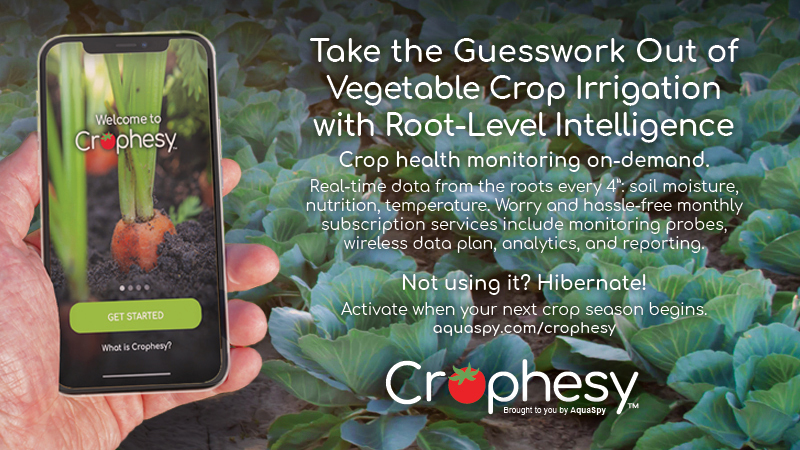GMOs Might Be The Solution To Invasive Diseases [Opinion]
Strangely enough, it might not be up to the citrus industry or all the great minds researching answers to Huanglongbing that might hold the key to saving the U.S. citrus industry. It might be all the people who enjoy consuming oranges, lemons, etc.
That’s because many scientists believe the key to fighting HLB lies in genetically modifying the trees. Research is already underway in Florida, where they have seen their output of oranges — most used for juice — cut severely. Decimated? They wish. In the classic definition, that would mean killing every tenth tree. It’s more like every second one.
The Sunshine State’s orange crop has sunk from 204 million boxes in 2007-2008 to just 97 million this year in part because of the deadly, so-far incurable disease. Even if genetically modifying orange trees to withstand HLB is found effective, there is one big, fat stumbling block: Will consumers accept genetically modified fruit?
It’s been done in apples, albeit on a minor scale, just to keep the flesh from turning brown after cutting. But even that has caused a minor uproar. And poll results are not encouraging. That’s even though most Americans consume GMOs (genetically modified organisms) every day in the form of corn and soybean products.
Had some popular cereal for breakfast? Almost definitely had some GMO soybeans in there. Had a Coke or maybe some catsup on your hamburger for lunch? Almost definitely made with corn syrup made from GMO corn. Yet, despite this – or more likely their ignorance of it — a Pew Research Center study conducted earlier this year showed just 37% of consumers find GMOs to be safe.
No, the poll results make no sense in the face of reality, but still, we live in a world where symbols have immense power, moreso than facts. Though GMOs have never been found to be unsafe, the potential for a PR nightmare is very real.
Heck, many people are already clamoring for a sticker saying such and such product contains GMOs. I don’t mind the thought process behind that. I’m an American and, as such, I believe that people can pretty much eat what they want.
But we don’t need it. We already have a label for those people who want to forego consuming GMOs, and it’s called “Organic.”
In fact, the American Medical Association, in stating why they feel GMO-free labels are unnecessary, cites the fact that if a product is certified by the National Organic Program, part of the USDA’s Agricultural Marketing Service, it has been made without GMOs. A GMO-free label would be redundant.
If you want to see the U.S. citrus industry have a bright future, we’re going to have to hammer home these ideas. We need enough Americans to understand that if they want to continue to consume fresh citrus and citrus products, they’re going to have to accept the fact that we’re facing a disease that’s not native to the U.S., not natural.
We might have to use means that some consider “unnatural,” though again, no one has ever been harmed from consuming a GMO. If that’s what it takes to save our U.S. citrus industry, it’s well worth it.
So please, if asked to help out with either scientific funding or educating your fellow Americans, give all you can. Even if you’re not a citrus grower, it’s not unthinkable that your crop may be next. ●









